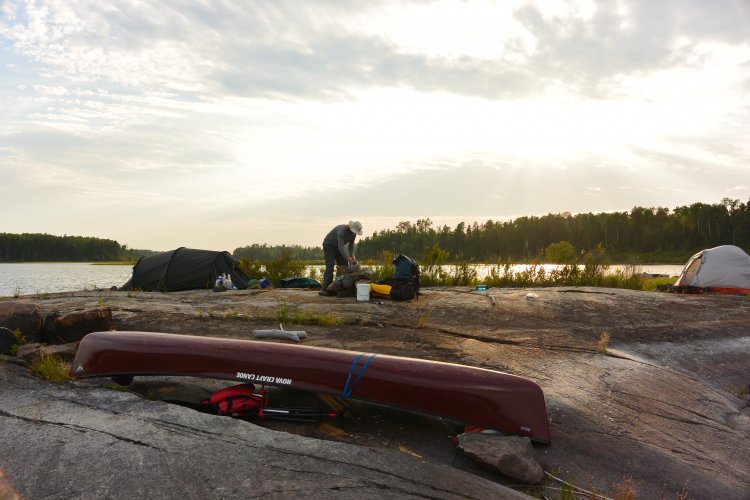GoGriz
Well-known member
- Joined
- Jun 11, 2021
- Messages
- 370
After having been caught in a few lightening storms in the high mountains, and on remote rivers, I am curious what others do in that situation. If the storm is rolling right over you guys, are you sheltering in your tents, taking a chance and hiding below the cover of a grove of trees, or are you ditching all of your metallic gear and going to the middle of a clearing and making yourself as small as possible and hoping for the best? I tend you ditch most of my gear and try to wait out the storm away from tall trees, but not necessarily away from all trees.
No matter what your strategy is, few things are as exhilarating as being caught in a high mountain lightening storm - gets the heart pumping!
No matter what your strategy is, few things are as exhilarating as being caught in a high mountain lightening storm - gets the heart pumping!







